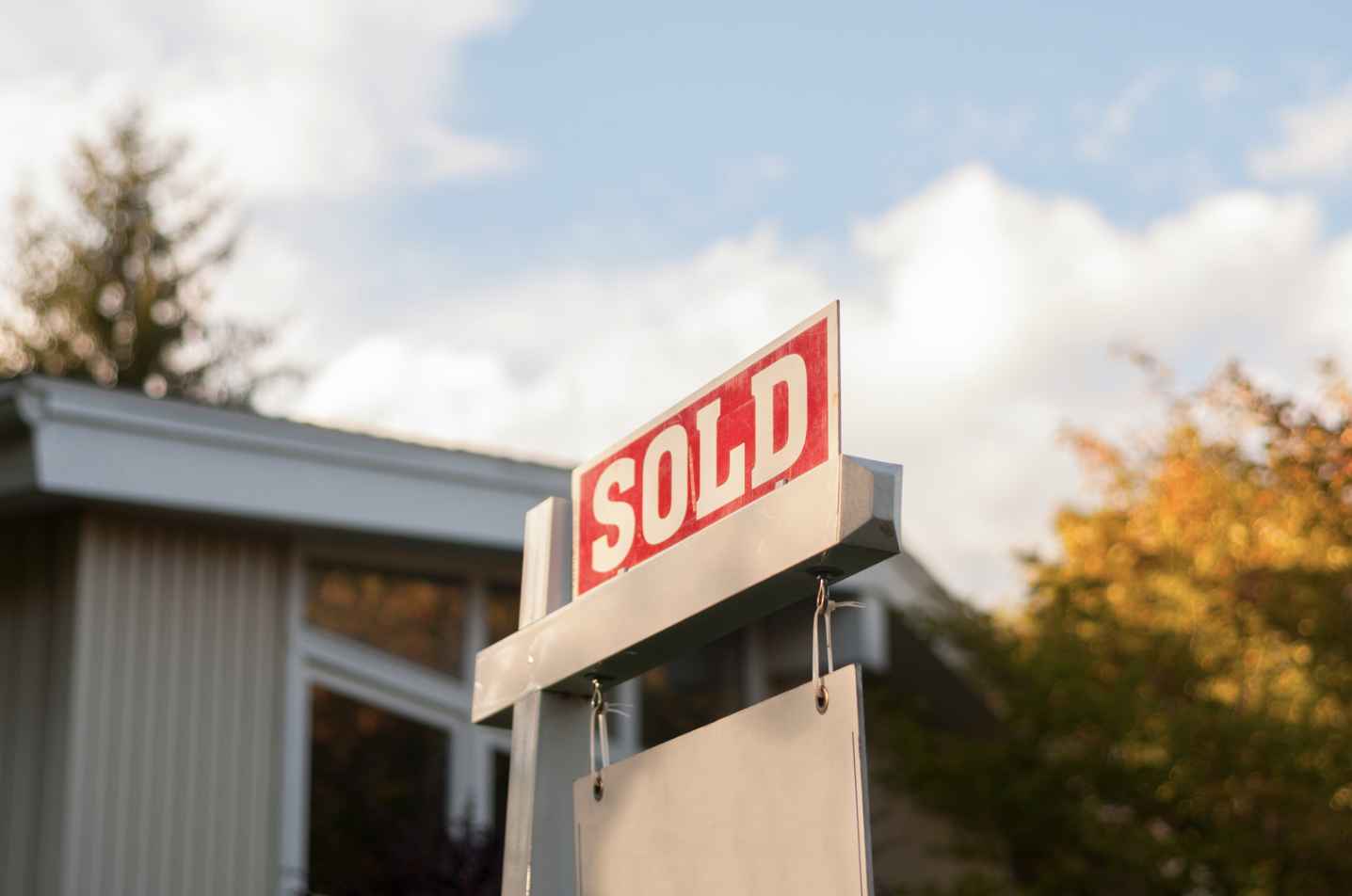 Blog
Blog
So, you've decided to sell your house. Congratulations! While it's exciting, there are a few fees you need to keep in mind, so you aren't caught off guard. When the sale of your home officially closes, closing costs and other charges come into play. This article covers everything about closing costs and other fees associated with selling a house.
In This Article:
Closing costs, also known as settlement fees, are the expenses incurred when selling a home. They typically range from 2% to 8% of the purchase price and include things like:
The appraisal determines the home's market value to ensure the buyer's offer is reasonable. Home appraisal costs $300 to $500 on average.
Home inspection checks for defects in the home. They cost $300 to $500 on average.
Title searches ensure there are no other claims to the ownership of the property. Title search fees range from $200 to $500. Whereas Title Insurance is typically .005 of the sales price or $500 for every $100,000.
A title company handles all paperwork, documents, and funds during the closing process. They can typically charge $600 to $2000 depending on the size and complexity of the deal. Some buyers or sellers may also retain an attorney to review contracts and even handle the legal transfer of property. This can cost $1000 to $2,000 on average.
Transfer taxes or (Documentary tax stamps) are an excise tax imposed on Deeds and Mortgages. Doc stamps are .007 of the sales price or $700 for every $100,000.
Real estate agents charge 4% to 6% of the total sale price. The amount is split between the buyer's and seller's agents.
The local government records the final sale price and ownership transfer. The recording fee may be a flat rate, typically ranging from $25 to $100. In other places, the fee may vary depending on the documents being recorded, with an average cost of $10 to $30 per document.
Besides the fees mentioned above, you may have to pay a few hundred dollars extra for utility bills and homeowner association (HOA) estoppels and applications.
While closing costs may seem expensive, they cover the necessary services required to legally and officially transfer a property's ownership to the buyer. Make sure you know all these fees before selling a home.
Also Read: 4 Mistakes To Avoid When Selling A House To A Cash Buyer
Here are the two factors that significantly affect the closing costs:
Closing costs can differ significantly from one state to another or even between different cities or counties within the same state. This is because tax rates, recording fees, and other costs associated with the closing process can vary based on local regulations.
In general, closing costs are calculated as a percentage of the sale price. So, higher-priced properties will typically have higher closing costs. However, some fees, such as appraisal or inspection fees, may not vary based on the sale price.
While closing costs are a standard part of the home selling process, here are a few ways to reduce these costs:
It's a good idea to obtain quotes from multiple service providers involved in the closing process, including property appraisers, inspectors, attorneys, and title companies. Comparing fees and negotiating with them can help you arrive at the best rate.
In some cases, buyers may be willing to take on certain expenses. So, make sure to negotiate with the buyer.
Knowing the closing cost norms in your local area can help you negotiate more effectively.
Some real estate agents work on a flat-fee basis rather than a percentage of the sale price, which can help you save money on commissions.
The seller is responsible for paying the closing costs. However, some buyers may be willing to take on certain expenses, so make sure to negotiate with them. Typically, the party who selects the title company pays for the title insurance premium.
Property taxes are not tax-deductible. However, there may be other expenses that can be eligible for deductions, such as property taxes, mortgage interest, and buying points. So, we recommend consulting with your tax professional.
No. Closing costs can vary depending on factors such as location, property value, and local regulations.
So, there you have it, the nitty-gritty details on closing costs and other fees to expect when selling your place. While the numbers can seem daunting, going in with realistic expectations will help avoid surprises down the road. If you are engaged in negotiations with a prospective buyer, request a preliminary HUD or settlement statement. This will give you an itemized breakdown of the closing costs. The good news is there are ways to lower costs, from negotiating with your real estate agent and buyer to timing the closing strategically.
The most important thing is focusing on the big picture — the profit from the sale and your exciting next chapter.
If you need help selling your home, get in touch with Golex Properties. We pay for all your closing costs and handle everything for you, so you don't have to deal with the hassle of listing and marketing your property. You also don't have to worry about making repairs or property cleaning as we purchase your property as-is.





Contact us for a FREE, no-obligation consultation. Golex Properties simplifies the process!
Easy to contact us
@ Copyright 2023. All rights reserved